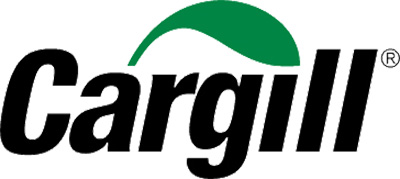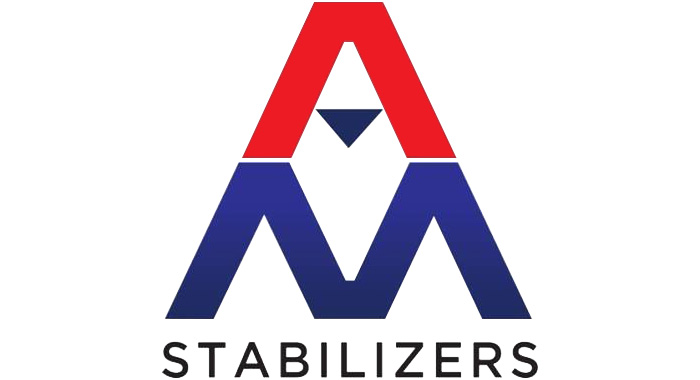CirKular+ Performance Enhancement Additives for Plastics Upcycling and Circular Economy
Summary
The past decade has made it abundantly clear that the human race must speed up its transition to a circular economy for plastics, where this valuable resource that is intertwined with our life’s evolutionary fabric, never turns into waste or pollution. As stakeholders in the plastic industry unfold a common vision of “No Plastics in Nature”, it is encouraging to note the progress made by manufacturers, corporates and governments across the globe in setting base-line targets for plastic waste reduction and improving its proper end-of-life management.
Yet, beyond goal-setting, the next essential imperative will be to efficiently measure and track circular actions and progress as we continue inching closer to 2030. By introducing waste traceability in recycled plastics, using digital verification of material composition and chain-of-custody documents through waste conversion supply-chains, there exists a viable and scalable solution to improve plastic waste management at a country, state, town or street level while inspiring more support from end-consumers too.
In verifying how sustainability commitments translate into real action, the need for reliable authentication systems that track how waste is being cut or managed across the plastic value-chain is also abundantly clear: Waste transparency supports circular economy principles in three major areas, viz. ensuring ethical and quality sourcing through provenance details, determining recycled material compositions to understand fitment for recycling and tracking material flows for better waste management on a system level.
By enabling sharing of certified data on waste collection to conversion digitally, plastic producers, brand owners and recyclers have the opportunity to trigger higher assurance and confidence in their recycled plastic portfolios and processes. With radical transparency, the outcome intended is equal stakeholder accountability and participation in keeping plastics in our economy and out of the environment.
In the next 30 years, the world will be discarding about 3.4 billion tons of total waste as estimated by the World Bank. That’s a high 70% jump from 2.01 billion tons disposed in 2016. If countries and industries are to make an effective transition away from a linear economy, validating recycled content claims made by inter-connecting stakeholders through an authenticated, traceable loop, is a reasonable way forward to trigger self-perpetuation.
Towards this end, AVI Global Plast has built a digital platform for waste traceability that shares Chain-of-Custody overview, documentation and certifications, right from waste collection to a new package. Such traceability can chiefly serve regulatory compliance, consumer safety and brand integrity needs. The latter especially holds relevance as regulators worldwide step-up screenings against “greenwashing”.
With a one-source digital dashboard for recycled plastics, brand owners can track circular packaging through their transformative journeys with ease. Besides offering key certification & documentation, AVI’s waste traceability platform is designed to let partners access to raw material break-up (post-consumer waste, post-industrial waste, virgin content) for measuring sustainability progress. In terms of environmental impact, estimates of CO2 emission savings, landfill avoidance and the number of post-consumer PET bottles recycled are also made available.
Since going circular would heavily rely on inspired and informed consumers, triggering positive behavioral change towards more recycling and segregation at source is crucial too. Here, a digitalized recycled packaging platform like AVI Trace makes QR codes available for every batch of recycled packaging supplied. This QR code can be printed on finished packages, letting consumers access complete packaging provenance and positive environmental impacts at the touch of a smartphone. The expected consequence is to influence purchase decision-making and loyalty towards more transparent and reliable sustainability claims by brands.
In summary, this white paper highlights the needs and benefits of introducing radical transparency in recycled plastic packaging value-chains. It supports the collective imperative of achieving circularity by the turn of this decade and sheds light on why waste traceability matters today, what loopholes must first be closed to achieve full circularity and the potential business benefits that may be reaped with improved data confidence through digitalized waste management pathways.
About the Speaker
Sukhdeep Sethi is a qualified Chartered Accountant from the Institute of Chartered Accountants of India and an alumnus of INSEAD. He currently serves as a Director at AVI Global Plast, India’s most trusted PET sheet manufacturer and thermoforming company. With 18 years of experience in driving sales, marketing, strategy planning and new product development at the company, he has been integral to the expansion and diversification of AVI Global’s packaging solutions, working alongside reputed multi-national brands across 6 continents and diverse industries, from FMCG to pharma. Some of his key contributions include launching tamper-evident clamshells, heat-seal punnets and premium designs for exotic fruits while adding new capabilities for medical device and ESD packaging.















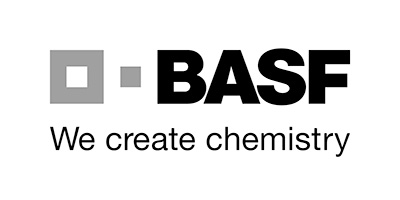
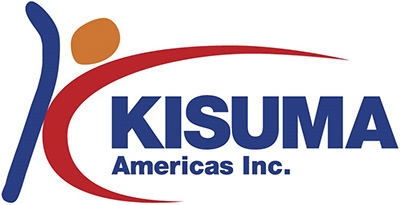


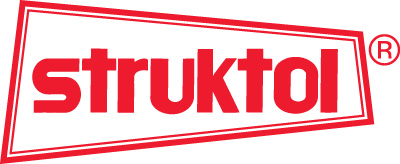
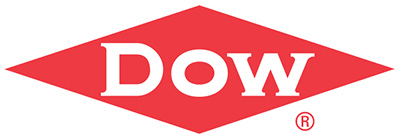




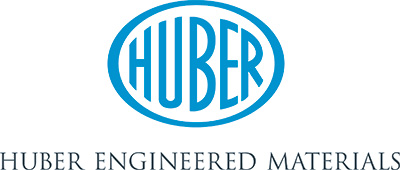











.jpg)
.jpg)
.jpg)

.jpg)



